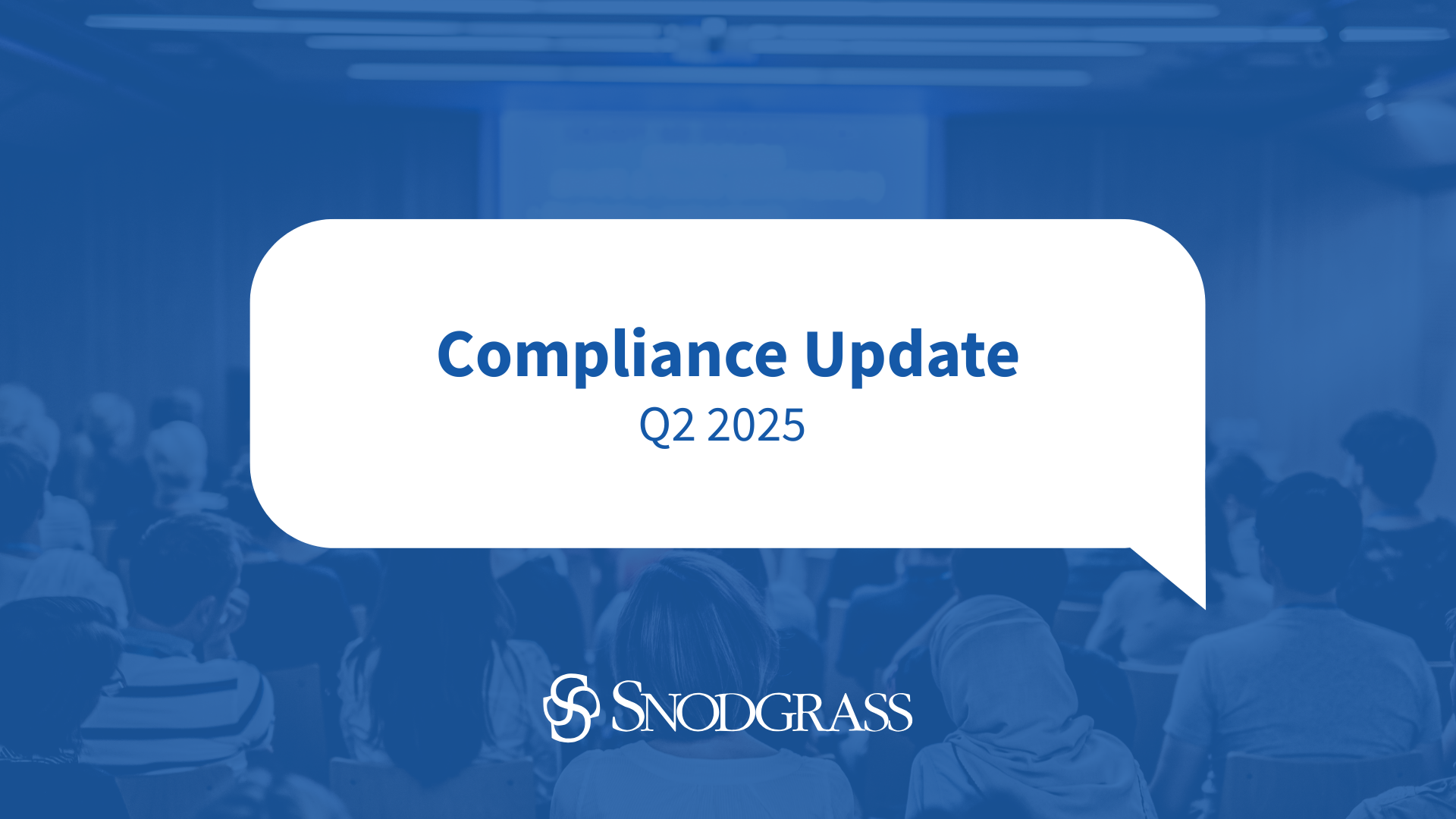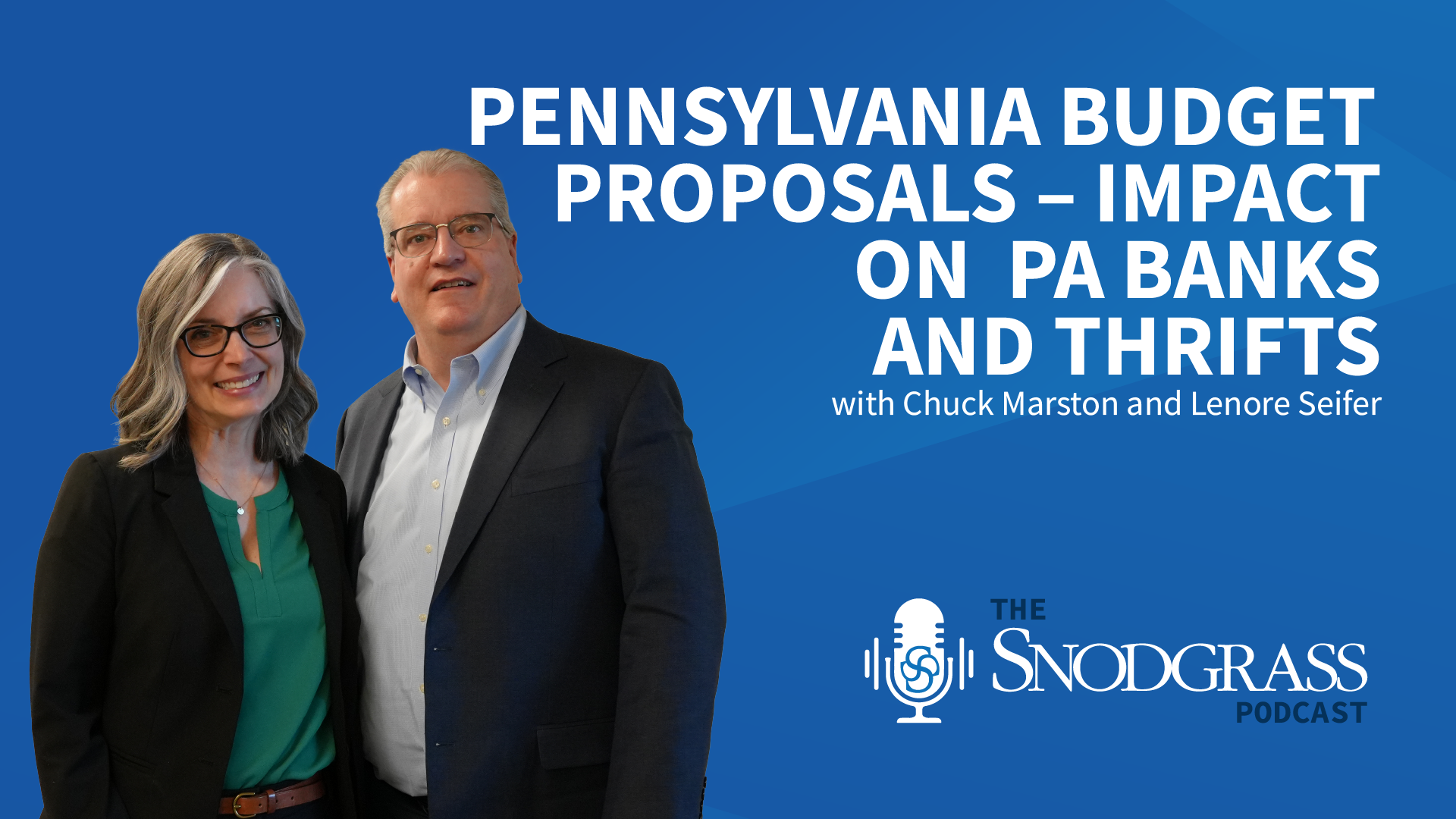Deducting Expenses Paid with Paycheck Protection Program Funds – Where Do Things Stand?
A major question being asked by taxpayers that received funds by participating in the Paycheck Protection Program (PPP) is, Will the forgiveness of the PPP loan be taxable to me? The answer as of this moment is yes, but in a bit of an indirect manner.
The Coronavirus Aid, Relief, and Economic Security Act (CARES Act), which established the PPP, provided guidance that the forgiveness of a PPP loan will not increase taxable income. Since then, however, the Internal Revenue Service (IRS) has provided guidance that makes it clear that “no deduction is allowed for an eligible expense that is otherwise deductible if the payment of the eligible expense results in forgiveness of the covered loan.” Based on this guidance, taxpayers would have to treat salaries, wages, rent, and other PPP-covered expenses as non-deductible on their tax return. This would obviously have a significant impact on the taxpayer’s taxable income and have the effect of increasing taxable income by the amount of the forgiven PPP loan.
The IRS guidance also provides direction for a very common situation: What is to be done when a PPP recipient has not yet received notice of forgiveness of its PPP loan, or even applied for the forgiveness, as of December 31, 2020? The guidance makes it clear that in situations where the PPP recipient has a “reasonable expectation” of having its PPP loan forgiven, the otherwise deductible expenses resulting in the forgiveness are not to be deducted on the 2020 tax return. So, even if the PPP loan has not been forgiven as of the end of 2020, the expenses cannot be deducted if it is reasonable to believe the loan will be forgiven in 2021. If the taxpayer has a reasonable expectation that the PPP loan will be forgiven in 2021 but it is not, the taxpayer can then deduct the expenses on its 2020 tax return, either by doing so on a timely filed 2020 tax return or by amending the return.
This guidance is certainly not good news for taxpayers, and decisions will need to be made in light of this guidance related to estimated tax payments and whether to file for an extension to allow more time to file the 2020 tax return. There are also issues still to be resolved concerning Schedule C taxpayers who may have correctly used PPP funds to pay for “expenses” that are not typically deducted on the tax return.
To add to the uncertainty, Congress has expressed its views at various times that the IRS guidance is not in line with the intent of the PPP, as established by the CARES Act. Various members have made it clear that the PPP was intended to be a “tax-neutral” program and have publicly stated that a legislative fix may be needed. Along those lines, on December 3, 2020, a letter signed by several hundred different trade associations was sent to Congress appealing for legislation to be passed before year-end to allow for the deduction of the expenses.
As of now, the IRS guidance is clear, and the otherwise deductible expenses that result in the forgiveness, or reasonable expectation of forgiveness, cannot be properly deducted for tax purposes in 2020. Legislative action related to this issue should be closely monitored and if a bill is passed, hopefully by year-end, reversing this guidance, taxpayers will be able to act accordingly.
We will continue to monitor this situation and provide updates when appropriate.
If you wish to discuss any of the matters in this update in more detail, please contact Chuck Marston, Rich Pacella, or Danelle Stewart at cmarston@srsnodgrass.com, rpacella@srsnodgrass.com, or dstewart@srsnodgrass.com or 724-934-0344.
Posted 12/7/20



